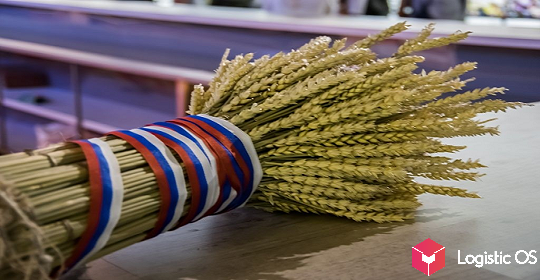The lack of finance that many Russian agricultural producers face today may push them to issue shares and bonds.
As experts note, so far very few companies from the agricultural sector are represented on the Moscow Exchange.
Unlike the oil industry or the IT sector, farmers are in no hurry to enter the market with placements. Although this could be a good option for them to raise funds, experts say.
Recently, the financial position of many companies has become less secure.
This is primarily due to a decrease in revenue.
The fall in world grain prices, combined with high export duties, means that selling your products does not bring in much income.
At the same time, costs have increased. For example, due to sanctions, the supply of imported equipment has become more difficult and more expensive, while domestic equipment is not yet sufficient to fully satisfy the needs of the market.
Fertilizers and fuel, which are vital for sowing and harvesting, have also become more expensive.
In this regard, many farmers began to lack their own funds. In this situation, companies have the opportunity to raise funds by issuing shares and bonds.
Some steps in this direction are already being taken.
For example, not long ago the Agroeco Group of Companies entered the Moscow Exchange with its bonds; it issued securities worth 15 billion rubles, with a maturity of up to 10 years.
In general, analysts note that the bond market in the Russian Federation is growing; this year alone, companies managed to attract a total of up to 3.7 trillion rubles.
As for shares, the majority of Russian farmers are not yet in a hurry to become public companies and share profits with shareholders.
But even the use of an instrument such as bonds could help significantly improve the financial situation and obtain funds not only for current costs, but also for development.
Why don’t farmers rush to the stock exchange?
This is largely due to the fact that the state offers an alternative: obtaining preferential loans at a very low rate.
Thanks to this, agricultural companies have an opportunity that other businesses do not have and forces them to issue shares and bonds to raise funds.
Therefore, while preferential programs exist, one should hardly expect companies from the agro-industrial sector to actively enter the stock exchange.
But if state support is reduced, then they may simply have no other choice in the current conditions, experts say.

